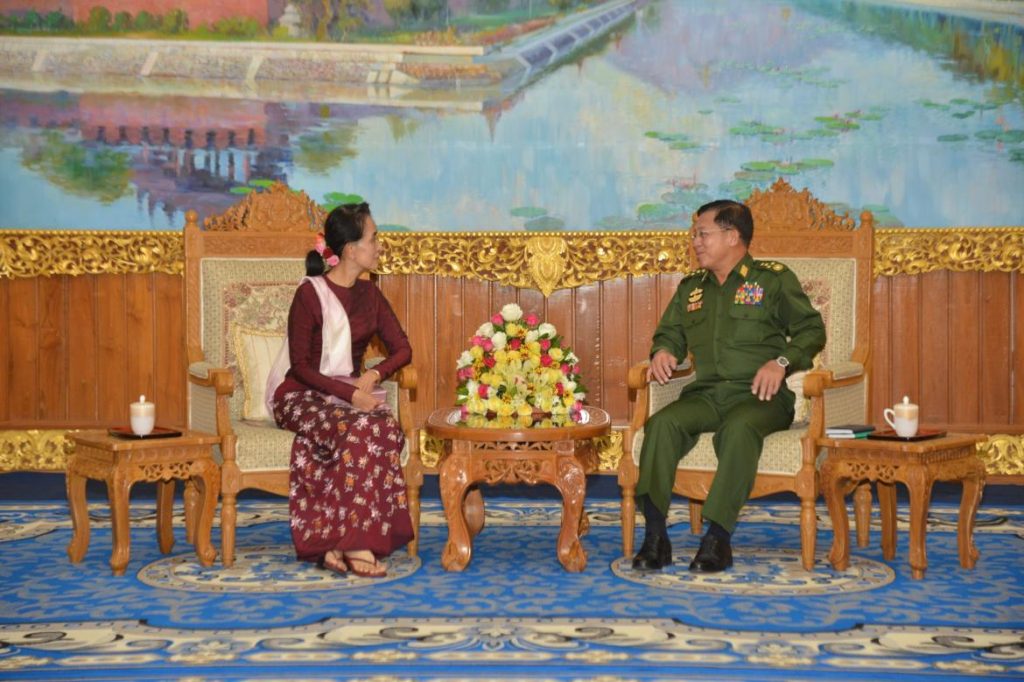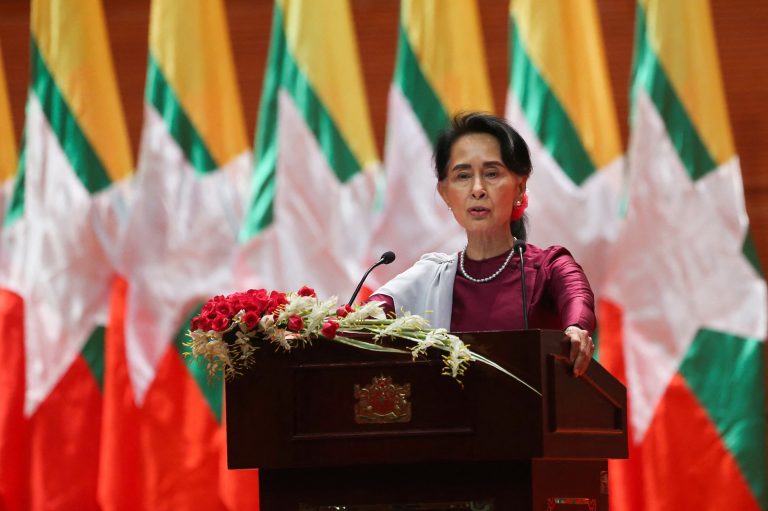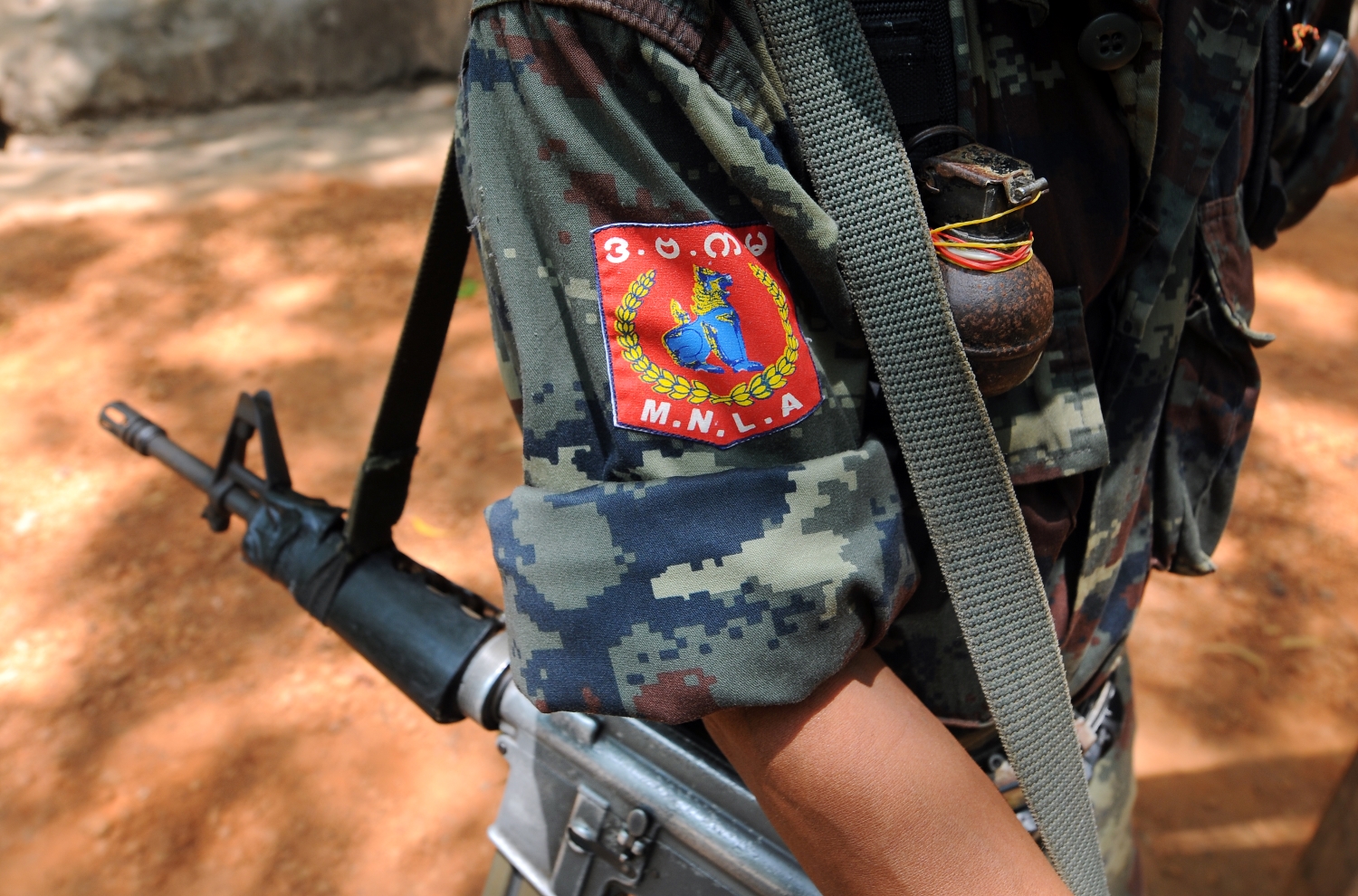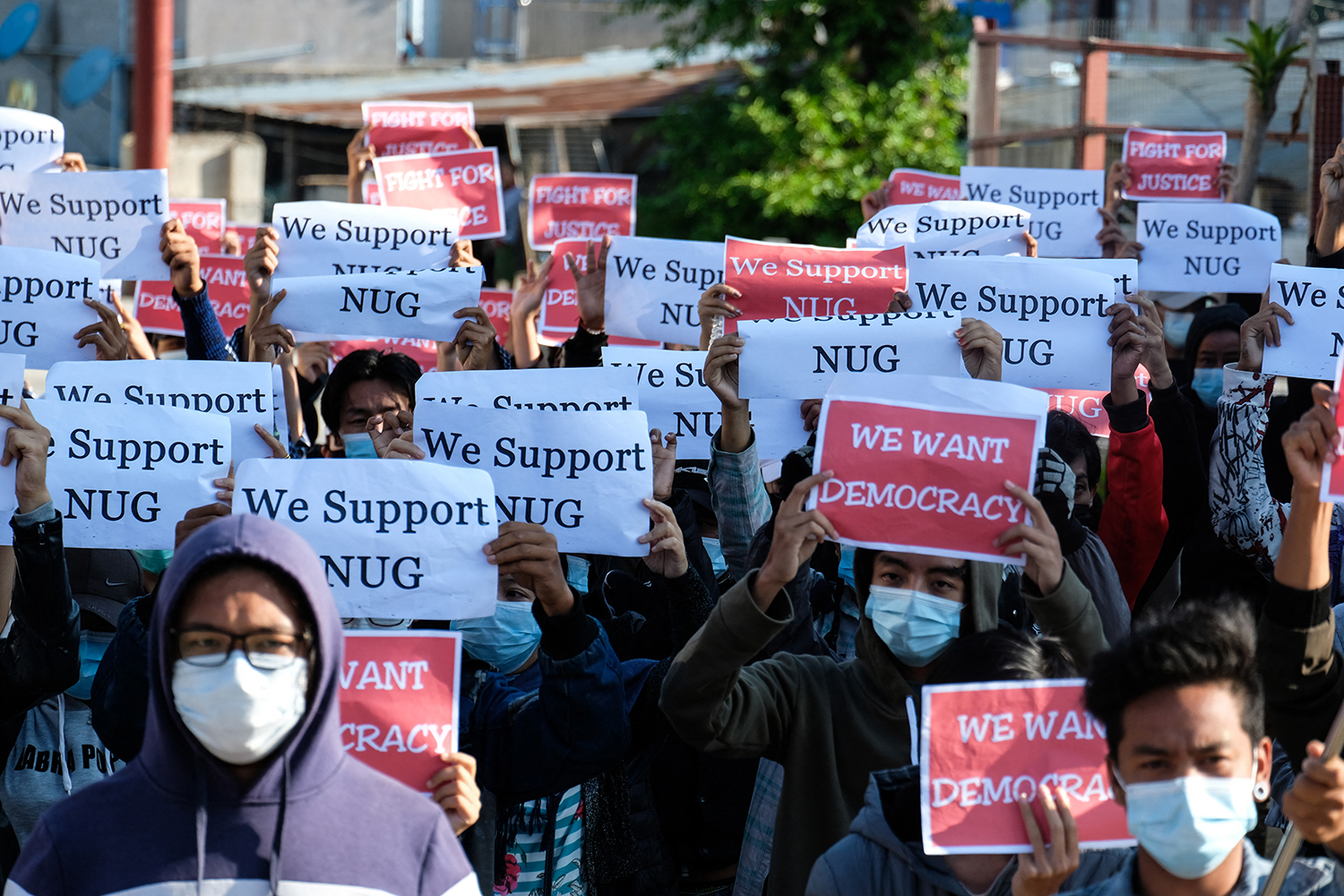The next government of Myanmar will face herculean tasks. The health and education systems are underfunded, the peace process and the transition to a federal Union are nowhere near completion, the economy is controlled by elites, poverty is still pervasive and the tax base to pay for all that needs to be done is inadequate.
There is also potential for the further release of ethnic and religious census data to result in communal unrest, because it will reveal that the Muslim community comprises a much higher percentage of the population than it did in 1983, a fact that the nationalist monk-led movement, Ma Ba Tha, will be eager to exploit to the detriment of the incoming government.
In the meantime, the outgoing parliament and government are fuelling inflation by allowing the deficit to grow and printing money to pay for it. They are leaving an onerous legacy for their successors.
The National League for Democracy must be aware of the risks associated with taking power, especially since its actual power to govern will be quite limited, as the army still controls the police, the judiciary and the civil service. It can also quite easily derail the peace process by unilaterally initiating clashes in ethnic areas.
There has been talk of the Union Solidarity and Development Party and the army being willing to suspend article 59(f) of the 2008 Constitution to allow Daw Aung San Suu Kyi to become president.
Support more independent journalism like this. Sign up to be a Frontier member.
This will be a tempting proposition for the NLD leader, who has long aspired to the role of head of state. But in a scenario in which she will have little power but must take the blame when problems occur, the presidency is a poisoned pill. Daw Aung San Suu Kyi will rapidly lose her aura if she falls into the trap of governing Myanmar solo.
It seems that the Lady has seen the writing on the wall. She was quoted as saying last week that the new cabinet would include members of other political parties and representatives of the ethnic minorities. This was part of her push to achieve national reconciliation, but also, no doubt, to spread the risks associated with governing.
“As I said earlier, we will cooperate with others with the spirit of sharing our success with them based on building national reconciliation,” Reuters quoted Daw Aung San Suu Kyi as saying in an interview broadcast by Radio Free Asia’s Myanmar service on November 26. “Of course the NLD will lead, she said, adding, “It is the mandate the people have given to us at our request.”
The presence of ethnic ministers in the NLD cabinet will be crucial for national reconciliation. The NLD has won a majority in 12 of the 14 state and regional assemblies, a development that could leave the ethnic minorities feeling dominated by the Bamar. Again.
It would also be desirable for the NLD to engage with ethnic minorities and other parties at state and regional government level as well as at the Union level.
Notwithstanding the NLD leader’s comments on Radio Free Asia, it remains to be seen to what extent she will be willing to share power. She has already indicated that a president chosen by the NLD will be her puppet, which could in effect compromise the checks and balances role of the parliament over the executive.
There are also the implications raised by the pre-election rejection by the NLD of prospective candidates with a high public profile. Ministers appointed to an NLD government from outside the party will hopefully not be perceived by the Lady as pretenders to her throne, but as capable members of the strong team that will be needed to guide the ship of state as it continues its journey through the difficult waters of transition.
Ambition can be dangerous in the multi-layered political context of Myanmar. Broad coalitions and cooperation, with the army as well, are needed to safely traverse this crucial period on the road to a more democratic Myanmar.







